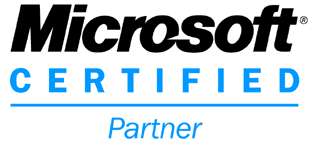RSS at the Tipping Point
Nick Browne of Coraider Services gave a presentation to the Metropolitan Police yesterday.
RSS – Really Simple Syndication – is an Internet content syndication format. Content syndication can make all or part of a web site’s content (or of any other application’s data) available for use by other sites, applications or services.
The syndicated content– or feed – consists of both the direct content itself, and meta data which is information about the content.
RSS are usually delivered over HTTP so they can be made available to any device with an Internet or intranet connection. This makes it very easy to develop RSS feeds for any applications with Web interfaces. A feed is in many respects just another web page.
RSS feeds are produced in XML (eXtended Mark up Language), however, which means that – unlike traditional web pages - they are difficult for people to read directly.
Programs called aggregators have been developed to add an additional layer of usability to RSS feeds.
Aggregators regularly check the range of feeds to which a user is subscribed, and then assist in organising, managing and tracking them.
RSS Aggregators can rid you of the burden of checking through many different sites and systems in order to keep yourself up to date. This is the key benefit that RSS can bring to the Police.
RSS is a practical working technology not a prototype or a pipe dream. It offers an achievable base camp on the computer industry’s long march towards ubiquitous XML.
Aggregators are the key to deriving operational rewards from RSS, but organisations should shy away from developing their own aggregating software. Competition in the aggregator market, and perhaps the entry of the largest software companies, will provide cheap, innovative useful tools.
It would be prudent to add RSS feeds (and auto discovery) on an ongoing basis to all new software projects. The marginal costs will be very small.
Pilot projects should be undertaken to introduce the software and concepts to a range of staff.

